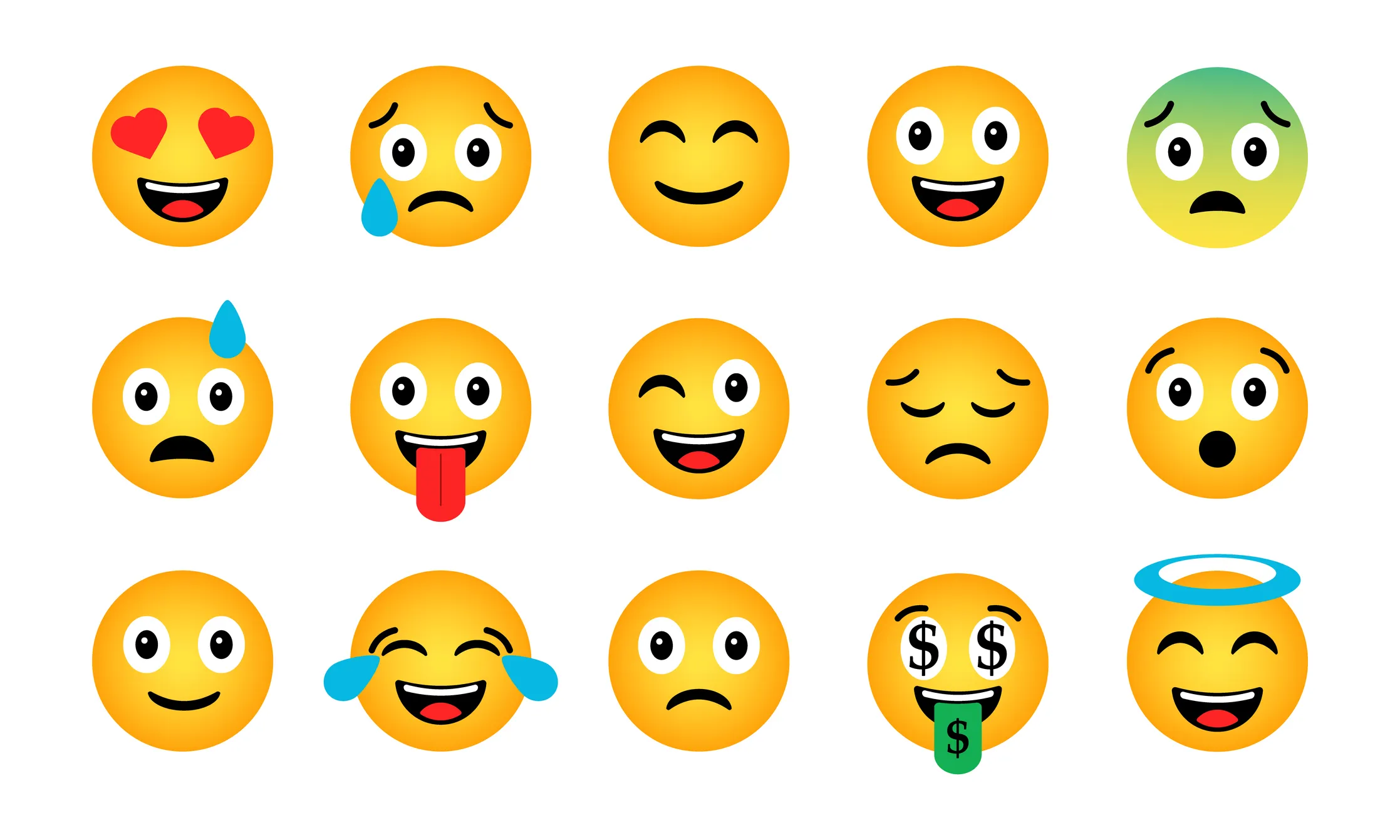
Rather than being perceived as neutral, Black and White readers associate yellow emojis with White ethnicity, researchers say.
The study is the first to examine how people infer aspects of another person’s identity based on their use of emojis.
Skin-toned emojis
Previous studies have shown that people use skin-toned emojis as a way of representing their own identity. These became widely available in 2015, but little was known about how people perceive and interpret the emojis used by others.
In this latest study, nearly 500 participants – half self-identifying as Black and half as White – were shown text messages, some of which contained yellow emojis while others included a darker or lighter skin-toned emoji.
Signifying ethnicity
Yellow emojis were not seen as neutral by either Black or White reader groups. Among Black participants, 56 per cent saw yellow emojis as more likely to signify White identity, while the figure for White participants was 63 per cent.
Researchers found that darker- and lighter-toned emojis were clear indicators of the sender’s ethnicity. Including a darker-toned emoji caused both Black and White reader groups to select a Black author 80 per cent of the time. Similarly, including a lighter-toned emoji resulted in 80 per cent of readers choosing a White author.
Readers could not agree on author identity for messages with no emoji, with 50 per cent of both groups rating these messages as having a Black author, while the other 50 per cent chose a White author.
Changing perceptions
Researchers say it appears emojis can change how people perceive the information that is provided in a similar way to how people speak can reveal information about a person’s identity.
Their results also highlight that even supposedly neutral options can carry social meaning, which may advantage some groups over others. The team hope that by highlighting this issue they may help to inform the development of technologies better able to take these factors into account.

